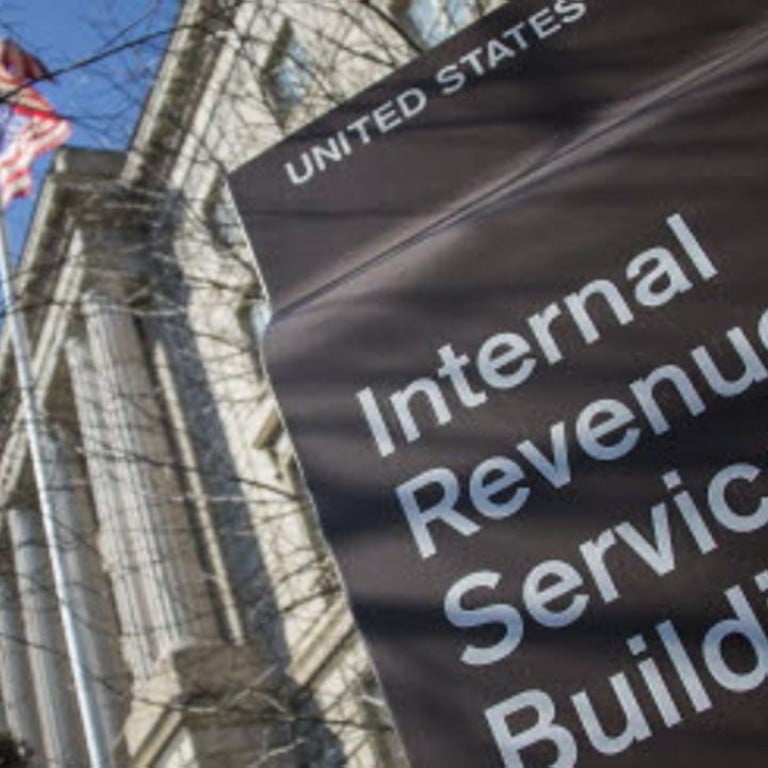
Why a Hong Kong tax compliance act may be closer than you think
Where the United States leads on legislation, foreign jurisdictions slavishly follow
Hongkongers will need to declare all their assets abroad by 2025. No, the government has not announced the policy yet. But academics have noticed a trend which strongly suggests Hong Kong will follow the US example in foreign tax compliance.
The Foreign Account Tax Compliance Act (Fatca) requires all US citizens and residents to report their assets abroad. The US government has co-opted foreign financial institutions to police the act for them. If foreign banks don’t give information to the US taxman, they face stiff penalties on their US-related transactions.
Why do I claim the Fatca is coming to Hong Kong? Academics have intensively studied “institutional isomorphism” between countries. The fancy name basically refers to the foreign penchant for copying US laws and practices.
Hong Kong’s compliance-lust could hurt Hongkongers as Fatca hurts Americans
After 9/11 and the passage of its own anti-terrorism laws, most foreign jurisdictions followed suit (including Hong Kong). It took a bit longer than a decade for Hong Kong to follow the US lead – but it has. Hong Kong’s corporate and financial institutional governance has adopted many of the provisions in Sarbanes-Oxley and in Frank-Dodd far more quickly. The EU has already declared its desire to pass similar legislation in Europe. Who could reasonably object to fighting crime and terrorism?
Hong Kong’s compliance-lust could hurt Hongkongers as Fatca hurts Americans. Many US citizens cannot open accounts abroad – as foreign banks refuse to deal with them and their meddlesome government. The law also puts citizens abroad in a Catch-22 situation. Fatca makes foreign income easier to track – putting many in hot water with the Internal Revenue Service. Yet, renouncing citizenship is basically impossible. Dissenters must pay US$2,000 upfront and pay taxes for the seven subsequent years. Once the public gets used to this, other countries can easily imitate.
Ironically the People’s Republic of China might defend American freedoms more than their own government
At the heart of the problem lies Hong Kong’s headlong desire to comply with foreign rules. Her financial regulators adopt recommendations from the Financial Stability Board. Her justice officials stand at the ready to pick up human trafficking provisions from abroad. Of course, fighting human trafficking and crime is laudable. Yet, our policymakers have started down a slippery slope which makes steadfast refusal to copy foreign laws next to impossible.
Ironically the People’s Republic of China might defend American freedoms more than their own government. High ranking officials in the People’s Bank of China have (for now) decided that the law clashes with Chinese jurisprudence. Yet, even antagonistic governments like Russia have bowed to international pressure – greedily eyeing reciprocal access to data about Russian assets overseas. Is Hong Kong’s compliance with Fatca the first step toward a hopeful adoption of similar legislation here?
If Hong Kong’s Legislative Council and Chief Executive’s Office do not flat out refuse to snitch on US citizens, they and their families abroad (in Canada and the US) will find themselves in the crosshairs of the Inland Revenue Service. By then, it will be too late.
Article 19 of the Basic Law gives Hong Kong its “independent judicial power” from the mainland. Well-meaning copying could relinquish such independence to other countries instead.
Dr Bryane Michael is a fellow at the University of Hong Kong’s Centre for Public and Comparative Public Law

